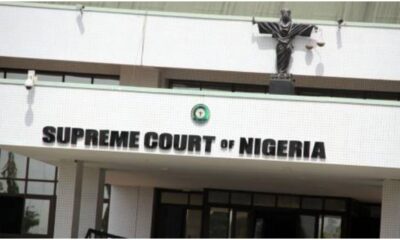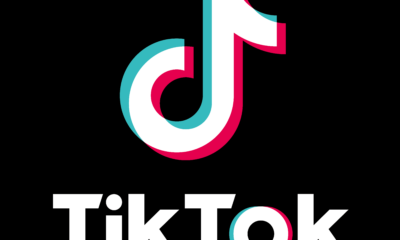Latest News
TikTok faces US ban after court upholds ByteDance Divestment deadline

TikTok faces a potential ban in the United States after losing an appeal on Friday over a law requiring the platform to sever ties with its Chinese parent company, ByteDance, by January 19.
The looming ban could heighten tensions between the US and China, coinciding with president-elect Donald Trump’s inauguration on January 20.
TikTok is expected to escalate the case to the Supreme Court, banking on Trump as a surprising ally. Trump has argued that a ban would primarily benefit Meta, Mark Zuckerberg’s company, which owns competing platforms like Instagram and Facebook. Trump’s stance also reflects conservative grievances with Meta over alleged bias against right-wing content, including his own ban from Facebook following the January 6, 2021 Capitol riot.
US officials accuse TikTok of enabling Beijing to collect user data and spread propaganda, claims that both ByteDance and the Chinese government deny.
The contested law, signed by President Joe Biden in April, mandates TikTok’s removal from US app stores and hosting platforms unless ByteDance sells the platform by the January deadline.
While acknowledging that TikTok’s 170 million US users engage in a range of free expression, a three-judge panel unanimously upheld the law, deeming ByteDance’s divestment critical for national security.
The judges ruled that the law does not infringe on free speech, stating it lacks “an institutional aim to suppress specific messages or ideas.” They also concluded that alternatives to a sale would not adequately address security concerns.
“This conclusion is supported by ample evidence that the Act is the least restrictive means of advancing the Government’s compelling national security interests,” the panel noted.
Trump’s stance represents a shift from his earlier term when he also sought to ban TikTok over national security concerns. That effort faltered in court when a federal judge blocked the move, citing potential free speech violations.
Trump’s newly appointed tech advisor, David Sacks, has echoed skepticism over the ban, viewing it as government overreach.

























